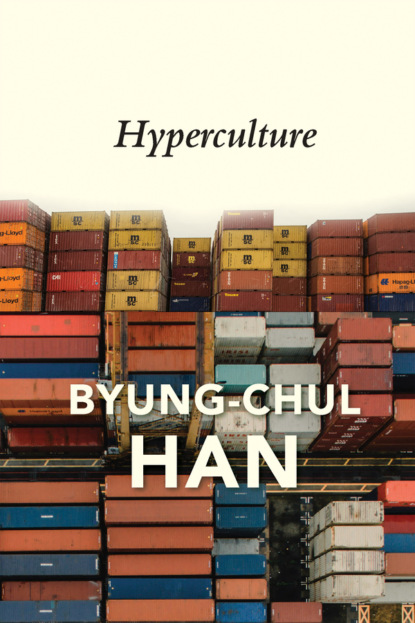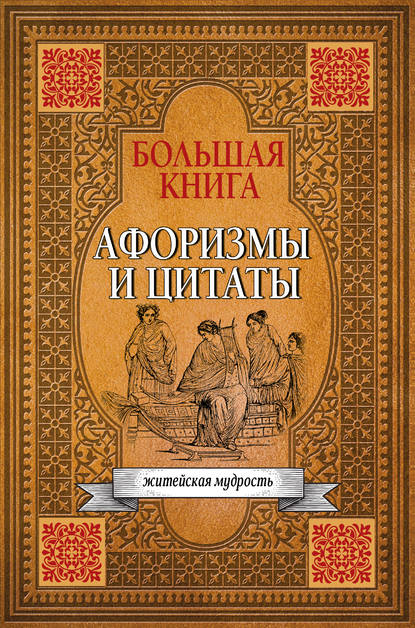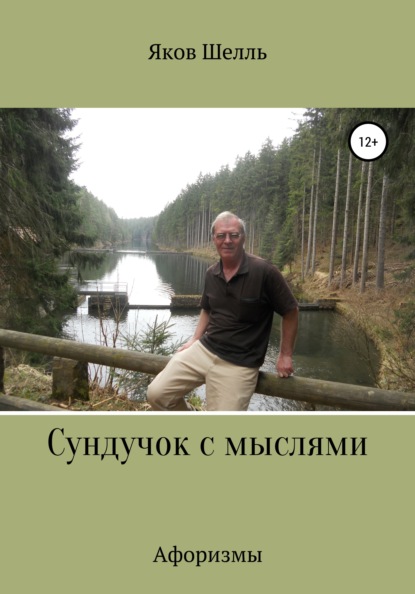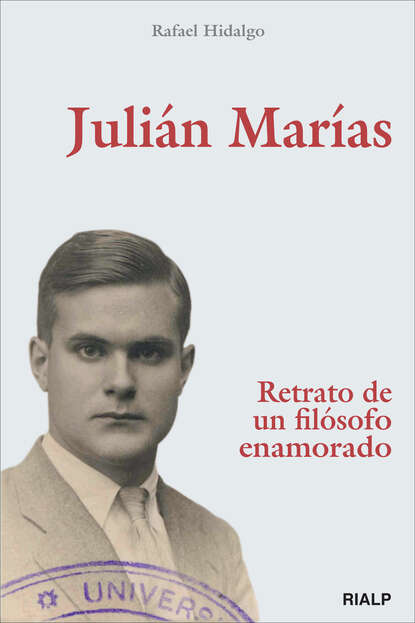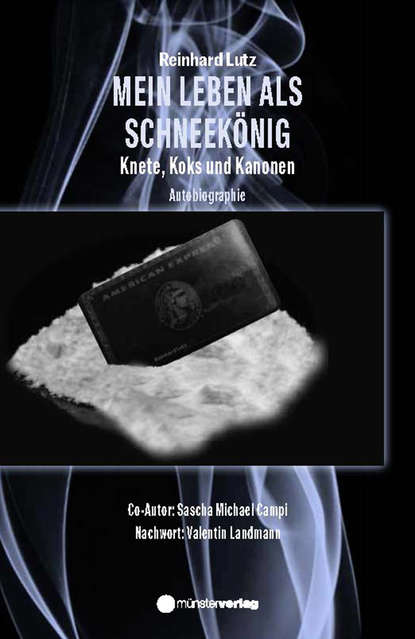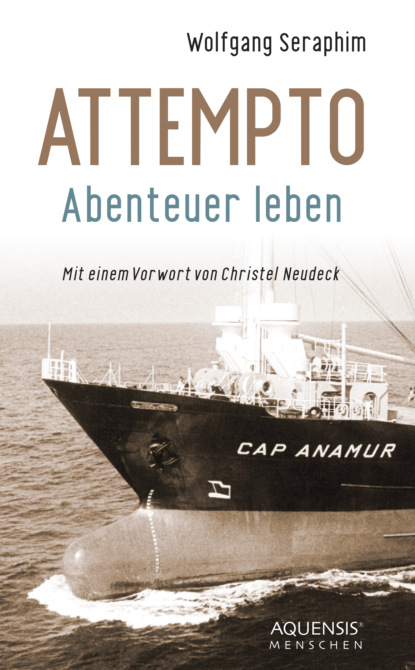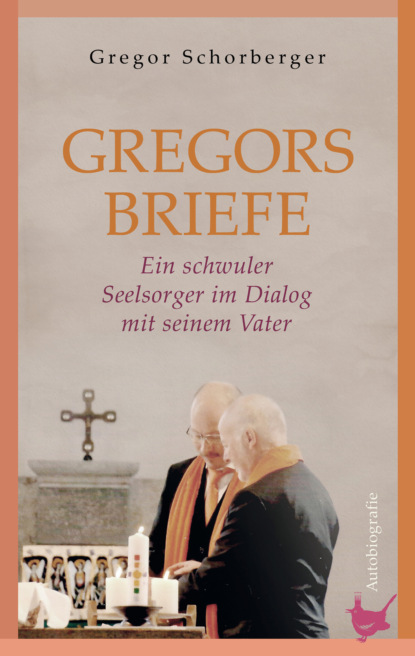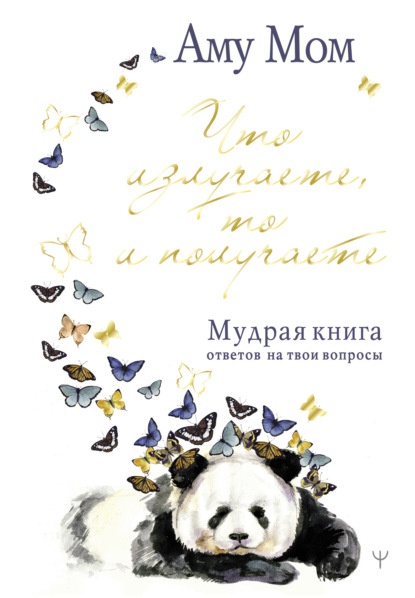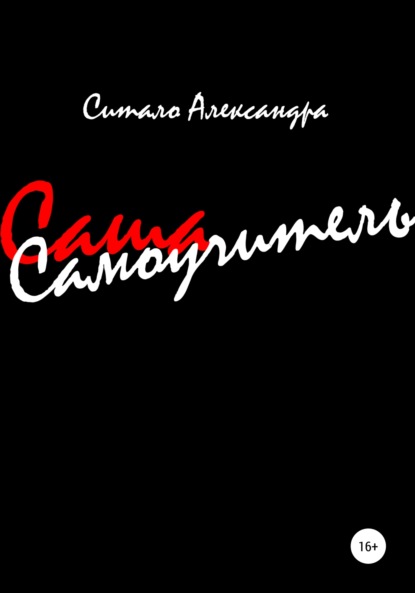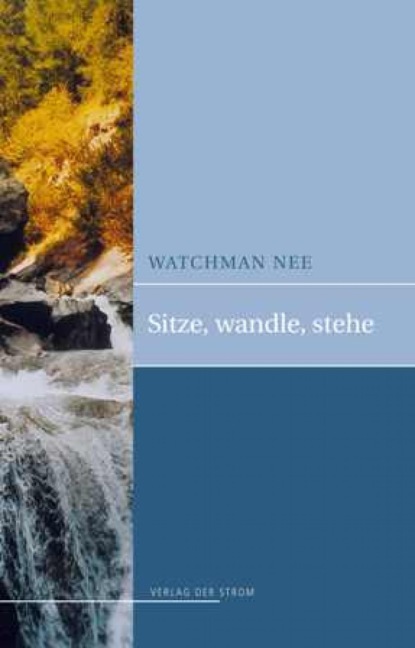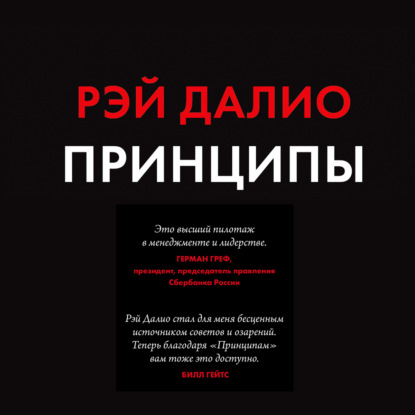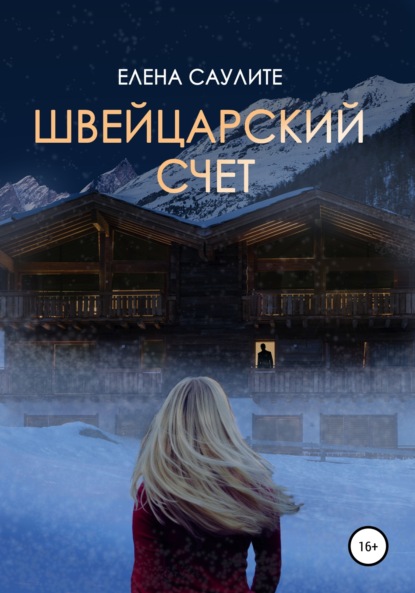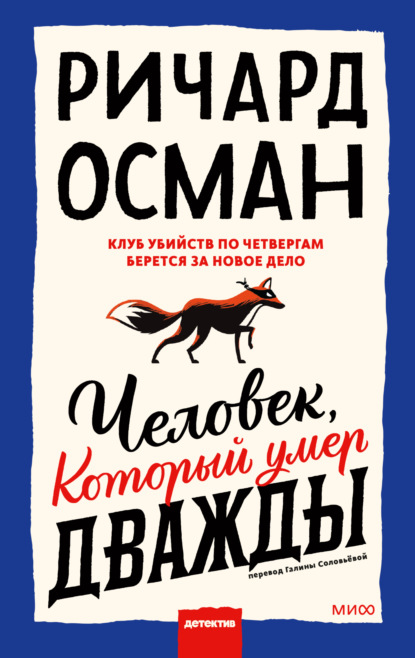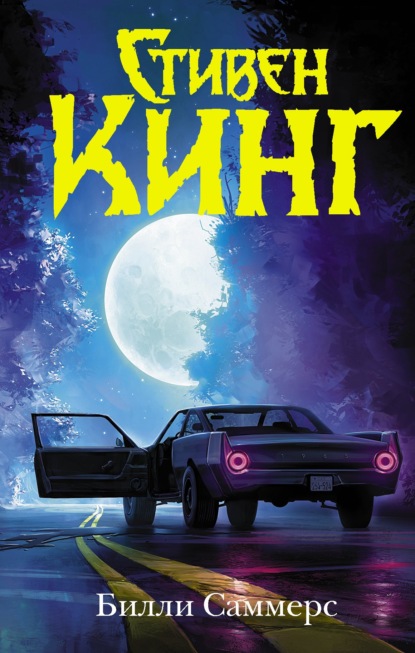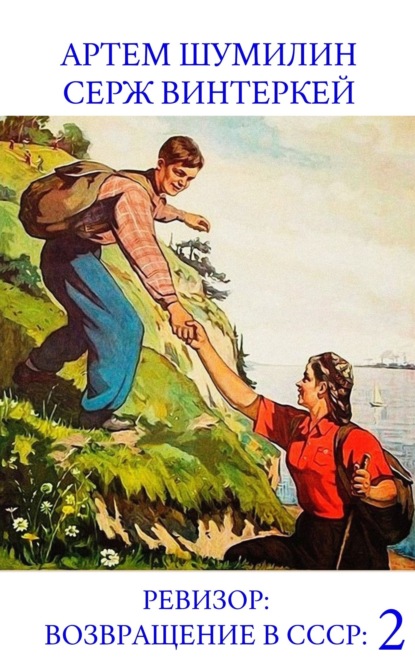Гиперкультура, Автор: Бьюнг Чул Хан
В эпоху глобализации формы культурного выражения становятся все более оторванными от мест их происхождения, перемещаясь в гиперпространство культуры, где больше нет реальной разницы между местными и иностранными, ближними и дальними, привычным и экзотическим. Смешанные культурные элементы собираются рядом друг с другом, подобно тому, как блюда для фьюжн свободно используют все, что может предложить гиперкультурный пул специй, ингредиентов и способов приготовления пищи. Культура становится нескованной, неограниченной, непривязанной: гиперкультура. Это глубоко ризоматическая культура, полная гибридизации, слияния и совместного присвоения. Сегодня все мы стали гиперкультурными туристами во «все» нашей культуре, к которой мы больше не относимся. Гиперкультурные туристы путешествуют в гиперпространстве событий - пространстве культурных экскурсий. Они воспринимают культуру как куль-турную.
Электронная Книга «Hyperculture» написана автором Byung-Chul Han в году.
Минимальный возраст читателя: 0
Язык: Английский
ISBN: 9781509546183
Описание книги от Byung-Chul Han
In the wake of globalization, cultural forms of expression have become increasingly detached from their places of origin, circulating in a hyper-domain of culture where there is no real difference anymore between indigenous and foreign, near and far, the familiar and the exotic. Heterogeneous cultural contents are brought together side by side, like the fusion food that makes free use of all that the hypercultural pool of spices, ingredients and ways of preparing food has to offer. Culture is becoming un-bound, un-restricted, un-ravelled: a hyperculture. It is a profoundly rhizomatic culture of intense hybridization, fusion and co-appropriation. Today we have all become hypercultural tourists, even in our ‘own’ culture, to which we do not even belong anymore. Hypercultural tourists travel in the hyperspace of events, a space of cultural sightseeing. They experience culture as cul-tour. Drawing on thinkers from Hegel and Heidegger to Bauman and Homi Bhabha to examine the characteristics of our contemporary hyperculture, Han poses the question: should we welcome the human of the future as the hypercultural tourist, smiling serenely, or should we aspire to a different way of being in the world?
